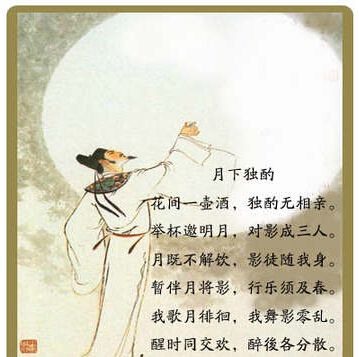专家指导:如何正确阅读一篇新闻
|
The news, at its best, is often an indulgence, a relief, an escape from one’s own troubles, a flight from the mundane. News is not a civic chore. In fact, to treat reading the news as a duty is to treat ice cream like mustard greens–to believe readers must be tricked into eating it, and thus guarantee that they rarely will. I’m going to propose that we should read news sites as ice cream–not as an obligation, but for stimulation, escapism, and even righteousness. At the same time we must admit to ourselves that–far from being a duty–news in heated times (and in the age of Twitter) can often represent a full-tilt compulsion, and thus a habit to be judiciously managed.
This new avidity and readerly sense of purpose began about a year ago, during the psychic upheaval of the presidential primaries, with the repeated shocks to our society’s manners, morals, and politics. The work of “being informed”–so long preached in social studies classes–now felt like the opposite of work. You didn’t have to force yourself to read the news. You had to force yourself to take a break. There is everything to be gained by cultivating a personal stake in the lives of others, in the future of our nation, and in the world. But reading the front section as if it were the sports pages, with every line a credit or debit, a win, or a loss, has hazards. You begin to twist what you read. It’s what happens when the public’s consumption of news becomes too much about sides, about winning and losing, and less about empathy for our fellow men. So how do we combat this? By increasing our literacy. To become a better reader, we must borrow practices from higher-order reading, including the reading of fiction. Remember that the best characters and novels–and every single flesh-and-blood human and real-life event–mix good and evil. Suspend judgement. Let yourself be surprised by evidence that doesn’t fit your hypothesis. Take breaks. But also, keep reading. It’s quite a story. And you’re part of it. |









